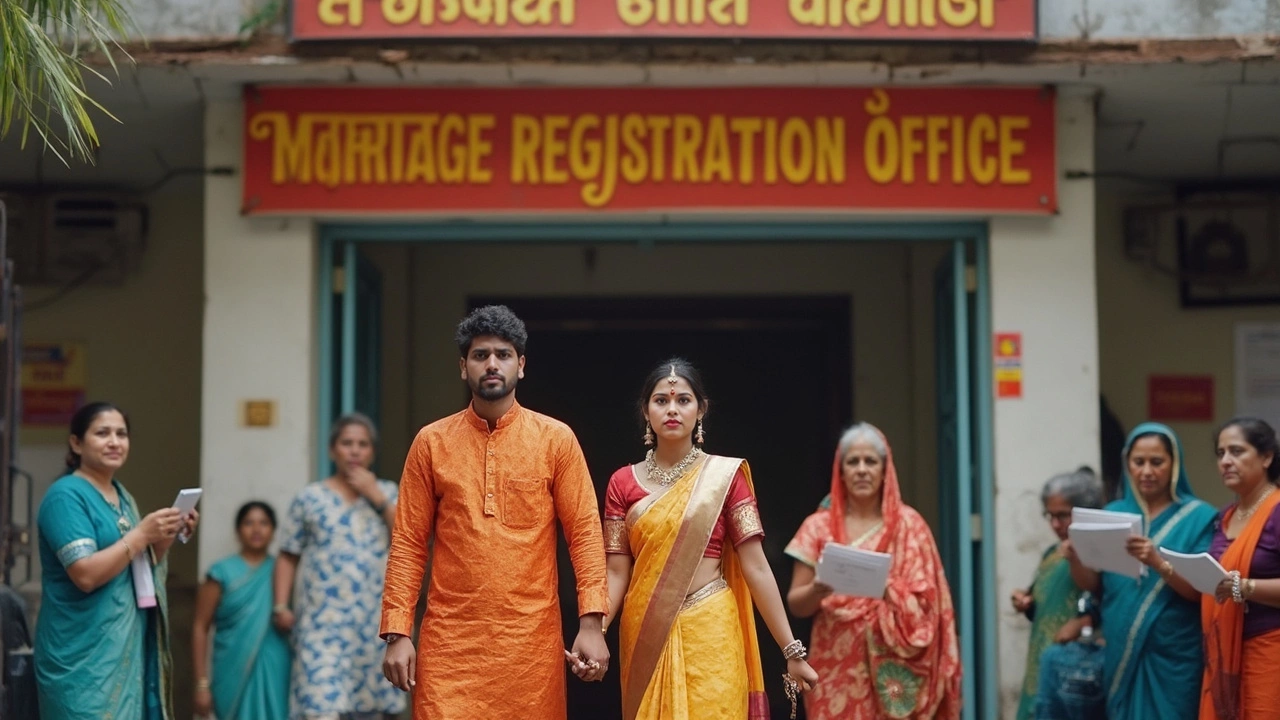Indian Marriage Law: What You Need to Know in 2025
If you’re wondering how marriage works legally in India, you’ve landed in the right spot. From filing a marriage registration to navigating a divorce, the rules are clear but can feel confusing. This guide breaks down the most common questions in plain language, so you can act confidently.
Core Rules for Getting Married
First things first: you need a valid marriage under the Hindu Marriage Act, Special Marriage Act, or the personal law that applies to you. A marriage is legal when both parties are at least 18 (for women) or 21 (for men), give free consent, and are not already married. You’ll also need to register the marriage with the local registrar within 30 days of the ceremony. Skipping registration can create problems later, especially when you need proof for passports or property matters.
Documentation is simple – you’ll need identity proof, age proof, address proof, and a couple of passport‑size photos. If you’re from a different faith or state, the Special Marriage Act covers you, and the paperwork is almost the same. The key is to start early, because the registrar may ask for certificates you didn’t think you needed.
Divorce, Separation and Other Changes
Divorce in India isn’t instant, but there are ways to speed it up. The most common route is mutual consent divorce, where both spouses agree on the split. After filing, there’s a mandatory 6‑month cooling‑off period, unless a court waives it in special cases. In 2025, courts are more likely to grant waivers for cases involving domestic violence or severe health issues.
If one partner doesn’t consent, you’ll face a contested divorce. This process can take 2‑3 years, depending on the court’s backlog and the complexity of the case. Grounds for contested divorce include cruelty, desertion, adultery, or conversion to another religion. The law also allows a one‑year separation before filing, but it’s not always required – recent judgments have clarified that the separation period is not a strict prerequisite if other grounds are strong.
For those thinking about legal separation without a full divorce, Indian law does not have a formal ‘legal separation’ like some Western countries. Instead, you can file for a decree of maintenance or a restraining order while staying married, which protects assets and rights until the divorce is final.
Child custody, alimony, and division of property are decided based on the best interests of the child and the financial capacity of each spouse. In 2025, courts are leaning towards joint custody arrangements that allow both parents to stay involved, unless there’s a safety concern.
Whether you’re planning a wedding, facing a separation, or just curious about your rights, the Indian legal system provides clear pathways. Keep your documents ready, understand the timelines, and don’t hesitate to consult a family law expert if you hit a snag. Staying informed saves time, money, and a lot of stress.

Can a Foreign Marriage Certificate Be Valid in India?
Learn how to make a foreign marriage certificate legally valid in India, the authentication steps, required documents, timelines, fees, and common pitfalls.

Is Marriage Registration Mandatory in India? Everything Couples Need to Know
Wondering if you have to register your marriage in India? This article explains whether marriage registration is actually mandatory, lays out what the law says, and shares surprising stories about couples who ignored it. You'll find out the risks of skipping registration, what the government has changed lately, and get practical tips for a smooth process. No legal jargon—just straight answers to the most common questions. By the end, you'll know exactly what matters for your own situation.